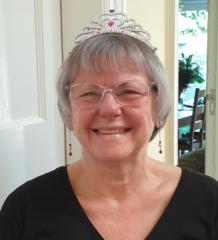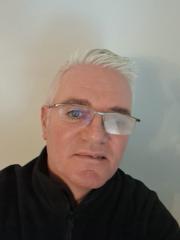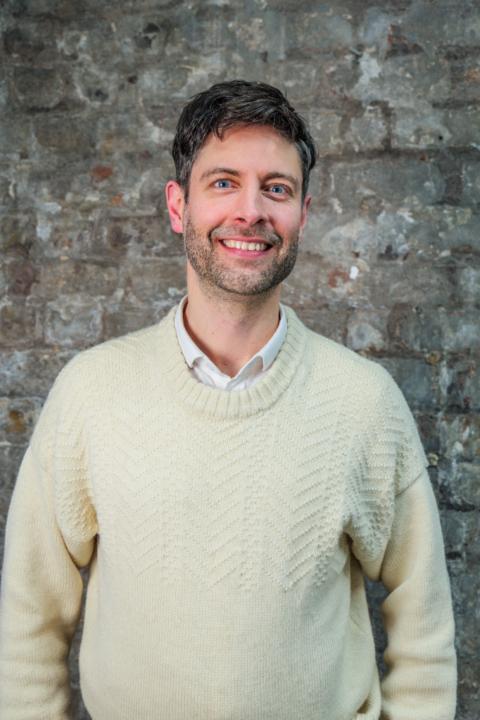Activity
Mon
Wed
Fri
Sun
Mar
Apr
May
Jun
Jul
Aug
Sep
Oct
Nov
Dec
Jan
Feb
What is this?
Less
More
Owned by Nikhil
We use real evidence — not hype — to take every step possible to prevent strokes and live longer, healthier, happier lives.
For helfy clinicians or soon to be clinicians only. A place to meet, support one another and get your questions about working with helfy answered.
Memberships
Reclaiming Life After Stroke
10 members • Free
Stealth Founders Club
1.2k members • Free
Mobility Toolkit
32.2k members • Free
Community Builders - Free
9.2k members • Free
DII Free Community
720 members • Free
Longevity Lab
652 members • Free
Longevity & Sleep
891 members • Free
The Stronger Human
25.9k members • Free
Skoolers
190.1k members • Free
114 contributions to Stroke-Proof
Stroke-Proof Weekly Challenge (Week 3)
Hello everyone! A new week is a fresh opportunity to invest in your long-term stroke prevention. As in previous weeks, please choose one challenge to focus on from tomorrow. 👉 This week’s options: 1. DRINK CHALLENGE 💧 Replace at least one sugary drink per day with a healthier alternative. Easy ideas: - Infuse sparkling or still water with lemon, berries, cucumber, or mint - Try a different fruity herbal tea each day Why it works: Sugary drinks spike blood sugar, add empty calories, and increase the risk of type 2 diabetes and heart disease. Swapping them for water or herbal tea reduces sugar intake, supports blood pressure, and keeps your brain and body hydrated. 2. SLEEP CHALLENGE 🛌 Choose a consistent bedtime and wake-up time, sticking to it within a 30-minute window each day (yes, even on weekends!). Tips for success: - Dim screens 30 minutes before bed - Keep your bedroom cool, dark, and quiet - Try a calming pre-bed routine: reading, gentle stretching, or slow breathing Why it works: Regular sleep is one of the strongest lifestyle protections against stroke. It lowers the risk of stroke, heart attack, and heart failure; reduces depression and anxiety; improves metabolic health; helps prevent obesity and type 2 diabetes; and boosts memory. All essential for brain and heart health. 3. SNACK CHALLENGE 🥗 Swap at least one processed snack per day (crisps, sweets, packaged snacks) for a whole-food alternative. Easy swaps: - A handful of nuts or seeds - Fresh fruit - Vegetable sticks with hummus or Greek yogurt - Dark chocolate - Berries - Roasted chickpeas Why it works: Ultra-processed foods are often high in salt, sugar, additives, and unhealthy fats. Whole foods provide steadier energy, support vascular health, stabilize blood sugar, improve cholesterol levels, maintain a healthy weight, and reduce inflammation. All critical for stroke prevention. ✨ Your stroke-proof move: Pick one challenge to focus on starting tomorrow, decide how you’ll stick to it, and share your plan with the group.
Monthly Check In
Good morning. I can't believe it's already the first of the month! We have our monthly check in at 6pm today where we can discuss our goals for the month. Instead of the weekly challenge this is an opportunity to think about what changes you're going to make over this month. I'd suggest picking one area to measure or improve from the list below: Blood Pressure Cholesterol Blood Sugar Exercise Diet Smoking Alcohol Stress Sleep Obesity Set yourself a goal in this area and make it SMART (Specific, Measurable, Achievable, Relevant and Time-bound). . Then right down your strategy and tactics to achieve it. For example, for me I want to get my cholesterol down. I checked it last week and it was still too high (LDL of 3.6) despite having reduced saturated fats and increasing exercise. Therefore for me: My SMART goal is to: Reduce my LDL cholesterol to <1.8 over the next 3 months as I believe it will significantly reduce my stroke, heart attack and dementia risk. My strategy is to use Statins. My tactics (next actions) are: 1. Contact a doctor in longevity medicine to prescribe statins for me (not a good idea to self prescribe) 2. Ensure I take them daily by using a pill box with the days of the week on it. 3. After 6 weeks arrange for repeat blood tests. 4. Repeat the above steps at an adjusted dose until I hit my target LDL of <1.8. I think it will take 1 dose adjustment to get there so I'm allowing myself 3 months to achieve the target. Write your plans for the month in the comments or join us at 6pm to talk them through. And if you have one bring your blood pressure cuff too! See you later!
When you just fancy a lightly salted crisp 🫣
Hi All, I chose the snack challenge this week and gave roasted chickpeas a go. I found a recipe on the the BBC Good Food website (Crispy chickpeas recipe | Good Food). I had an urge for a pack of crisps last night and gave the chickpeas a go with a few plain cashew nuts sprinkled on top , very tasty and filled the need for something naughty savoury and crunchy. Thanks Maggie for the suggestion. Janice
Re: Presentations today
Just wanted to thank the three of you for presenting today, absoluty amazing!!! You should be very proud of yourselves. What you described totally resonated with me, honestly you were all first class!!! Kev
Stroke Prevention Conference
I believe there have been some connection issues for the conference on today. If anyone would like to join please try this link: https://teams.microsoft.com/l/meetup-join/19%3ameeting_YTA0NmIxZDItNTdiNC00OTYyLWE0YzktNzJlYmRjYzc5ZmNm%40thread.v2/0?context=%7b%22Tid%22%3a%2243ed9756-41ff-4cbf-959b-406a4083b78b%22%2c%22Oid%22%3a%22073c342f-935a-4f64-9491-35302a89a9af%22%7d Meeting ID: 336 719 195 258 3 Passcode: cR2W5ej7
2
0
1-10 of 114
@nikhil-sharma-3276
I'm on a mission to prevent a million strokes and create 100 million years of health by teaching the principles of evidence based Longevity medicine.
Active 1d ago
Joined Aug 19, 2025
United Kingdom




